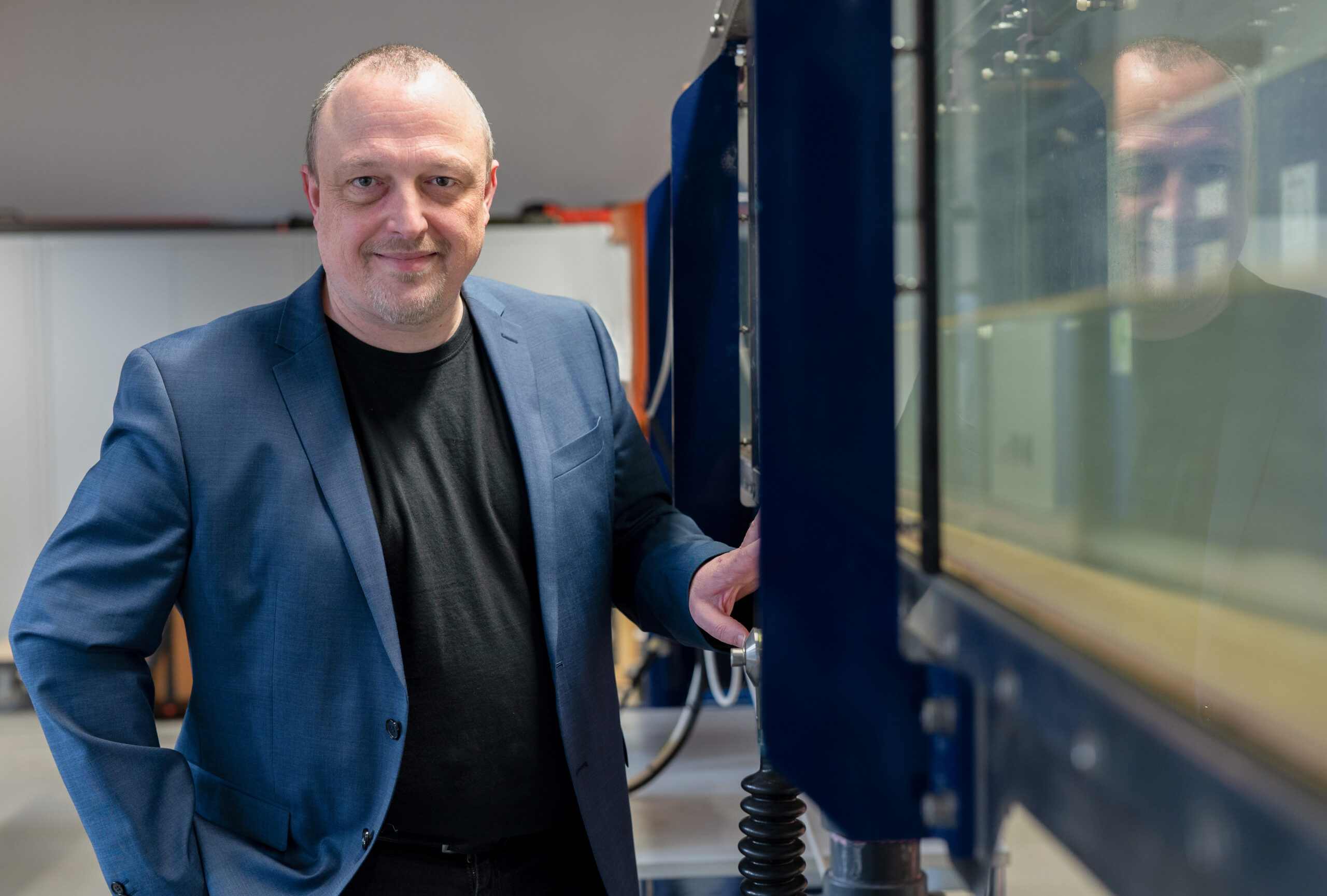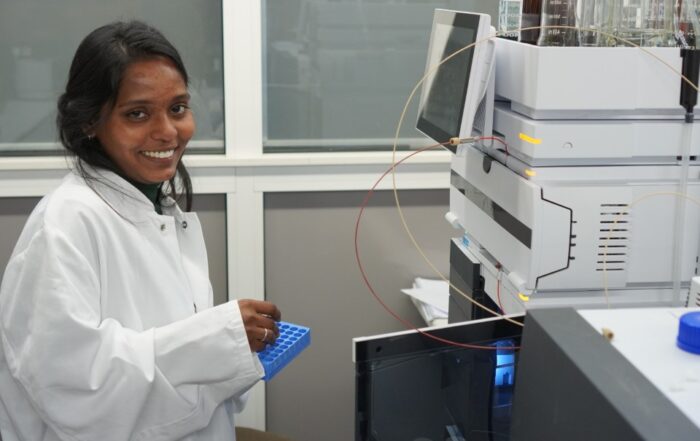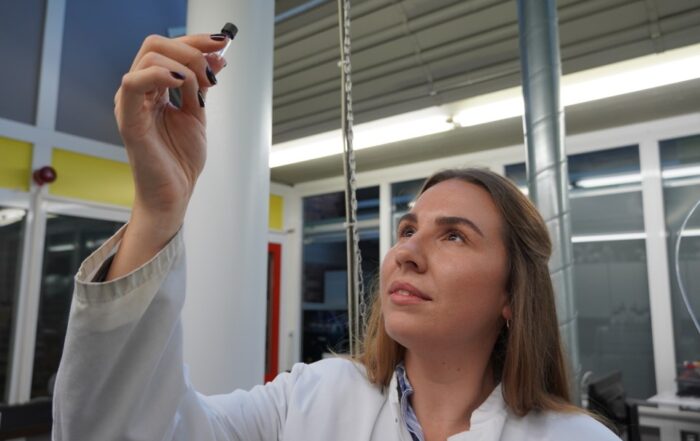27. June '24
from Natalie Schalk
The immense damage caused by the floods in Bavaria at the beginning of June had not been repaired for a long time when heavy rain and flooding also hit Switzerland hard at the end of June: Extreme weather events are increasing everywhere.
Politicians, businesses and the general public are asking how best to respond – and applied science is providing the answers.
Researchers at Coburg University of Applied Sciences are working on this in various disciplines.
Last month’s media coverage shows just how much their expertise is in demand. Dealing with natural disasters in the 21st century is a major challenge.
Society and politicians are discussing solutions.
For example, compulsory insurance for so-called natural hazard damage to houses, i.e. damage caused by extreme weather events such as heavy rainfall, is on the political agenda – one of the topics that Prof. Dr. Mirko Kraft, Professor of Insurance Management at the Faculty of Economics at Coburg University of Applied Sciences, is working on.
He is also leading a research project that has an important goal: a comprehensive analysis of the risk of heavy rain and effective prevention measures.
Which measures on the house make sense in order to limit or even prevent damage?
Which ones help best and are still inexpensive?
The researchers are interested in examining the costs and benefits of various construction measures in concrete terms and focusing on the contractual structure of insurance policies.
This relates, for example, to discounts on insurance premiums.
Prof. Dr. Andreas Weiß from the Faculty of Design at Coburg University of Applied Sciences is also involved in this project.
He specializes in hydraulic engineering, urban water management and surveying.
Together with Prof. Dr. Klaus Drese from the Faculty of Applied Natural Sciences and Health , Weiß is also working on a citizen science approach to water monitoring and is leading the DATIpilot project BauWaOpKliN, in which a modular system is being developed to help local authorities minimize the risk of flooding with on-site measures in the future.
Bayerischer Rundfunk recently reported on Weiß’ research using the example of flood protection by the Goldbergsee lake in Coburg.
At the beginning of June, the Coburg scientist not only appeared live on television in BR’s current special flood program Brennpunkt, but also answered questions as an expert in the program “Land und Leute” on Bayern 2, on Antenne Bayern and in Spiegel, for example, and also explained in general on BR radio how flood maps work on the Internet and how property owners can obtain information.






